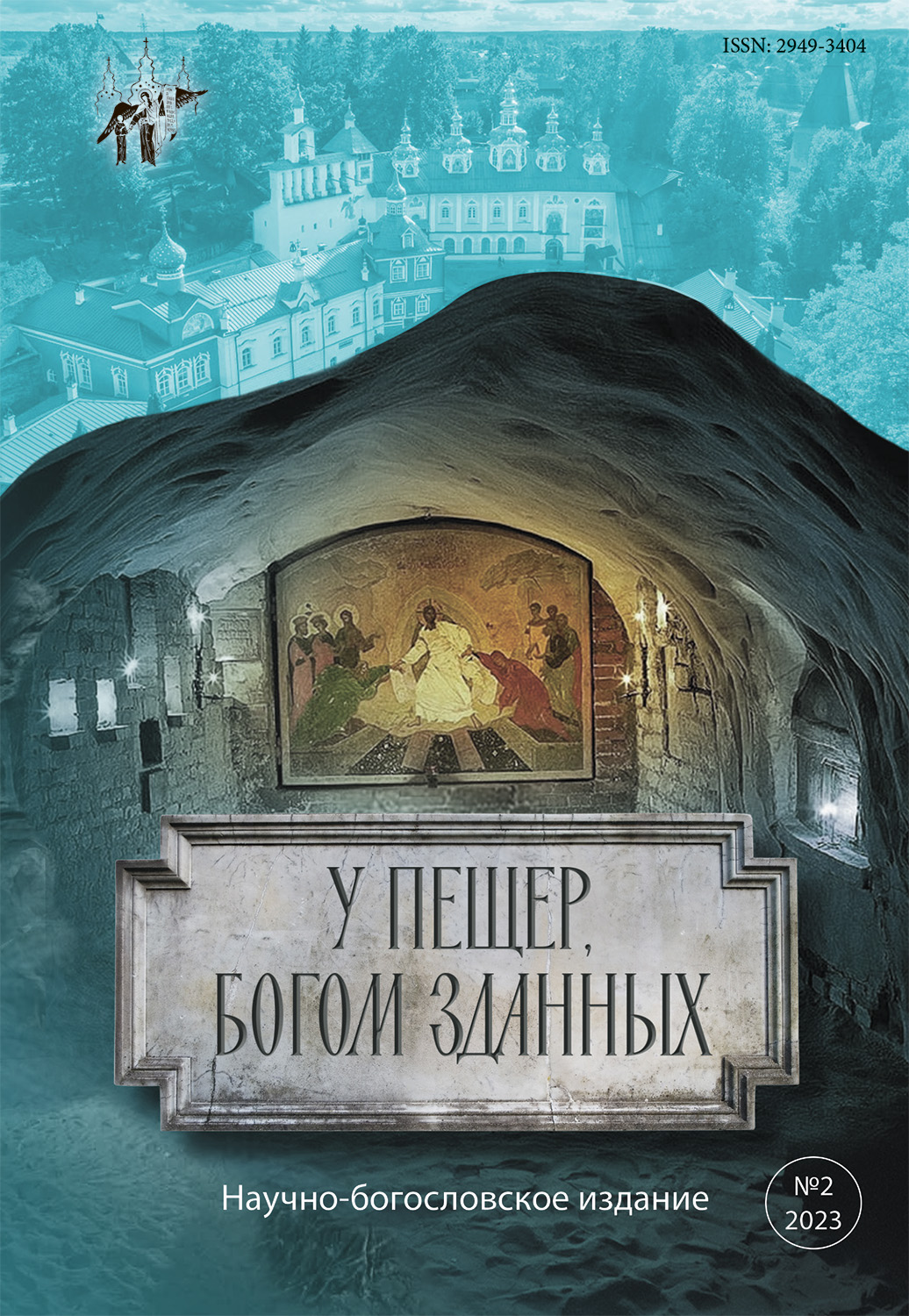The origin of the concept “cosmos”: old russian and church slavonic traditions
Keywords:
concept, cosmos, historical lexicology, Church Slavonic language, connotationAbstract
The article is devoted to the origin of the concept of “cosmos” and its representation in the Russian and Church Slavonic languages. The concept is considered as a semantic structure expressed in several words (including a keyword) and containing nominative and connotative components. To identify the main semantic features of the concept “cosmos”, a comparative historical method is used: the etymology and history of the Russian and Greek words cosmos, cosmite, cosmic, ukrasitel, mir, κσσμος, κοσμητής, κοσμικός are considered. It is established that the positive connotation associated with the concept of “cosmos” is represented in the Church Slavonic tradition by the symbolic meaning “the proper order of the iconostasis is the proper order of the universe.” The article reveals the conceptual meaning of the Old Russian glosses kosmit – ukrasitel and kosma – mir – ukrasitel. The negative connotation associated with the concept of “cosmos” defines the structure of the icon of the descent of the Holy Spirit (icon of Pentecost). The designation by the word cosmos of the pre-Christian sinful world partly correlates with the Old Russian use of the word kosmik (kosmnik). The defining significance for the formation of the concept of cosmos of the New Testament prototypical contexts is established, first of all, the use of the word κσσμος (in Slavic translations – mir) in the Gospel of John. The article traces the opposition of the Divine truth and the spiritual world of Christ's disciples to the transitory earthly (sinful) world.




